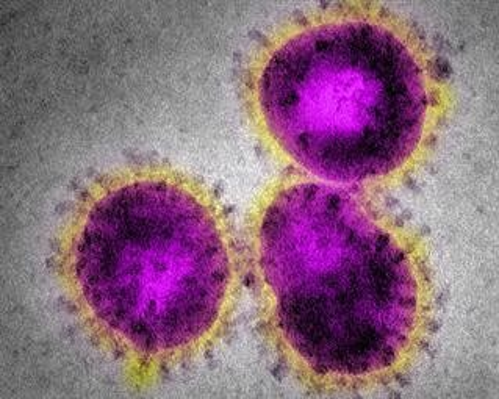Could Stem Cells Help Patients with the Novel Coronavirus Disease?
Since December 2019, 2019-nCoV infection has become an urgent public health event worldwide. There are currently no vaccines or specific antiviral treatments for 2019-nCoV infection. Although symptomatic and supportive care is recommended for severely infected individuals, the elderly and patients with co-morbidities such as diabetes and heart disease remain to be at high risk with a mortality rate of approximately 10%. Therefore, it is urgent to find a safe and effective treatment for patients with 2019-nCoV, which is characterized by severe acute respiratory impairment.

Three new clinical studies have emerged on clinicaltrials.gov investigating the potential of stem cells in the treatment of patients infected with the new coronavirus 2019-nCoV. These studies are part of more than 80 new clinical trials, which are trying to tackle the new viral illness.
Mesenchymal stem cells (MSCs) are one of the most studied and important adult stem cells. A large amount of evidence shows that MSCs can migrate to damaged tissues, exert strong anti-inflammatory and immune regulatory functions, promote the regeneration and repair of damaged tissues, resist apoptosis and inhibit tissue fibrosis, thereby reducing tissue damage. Many studies have shown that MSCs can significantly reduce acute lung injury in mice caused by H9N2 and H5N1 viruses by reducing the levels of proinflammatory cytokines and chemokines and reducing the recruitment of inflammatory cells to the lung, which may be beneficial in 2019-nCoV cases.
New clinical trials are investigating the safety and efficiency of human umbilical cord mesenchymal stem cells (UC-MSCs) in treating severe pneumonia patients infected with 2019-nCoV. The UC-MSCs will be administered by intravenous (IV) infusion, which is delivered directly into the patient’s vein. The intent of this study is to explore the efficacy of UC-MSCs in the treatment of severe viral pneumonia through improving the patient’s antiviral immune response, reducing virus-induced inflammatory damage and pulmonary interstitial fibrosis after the injury, and finally achieve the goal of reducing the mortality and improving the prognosis of severe patients.
Stem cell therapy adds an option for humans to overcome 2019-nCoV, however, it may take some time to be widely used in the front line of the epidemic. Scientists emphasize the need to gradually verify the safety and efficiency of new drugs or therapies through adequate clinical trials.

Your email address will not be published. Required fields are marked *